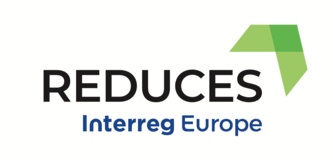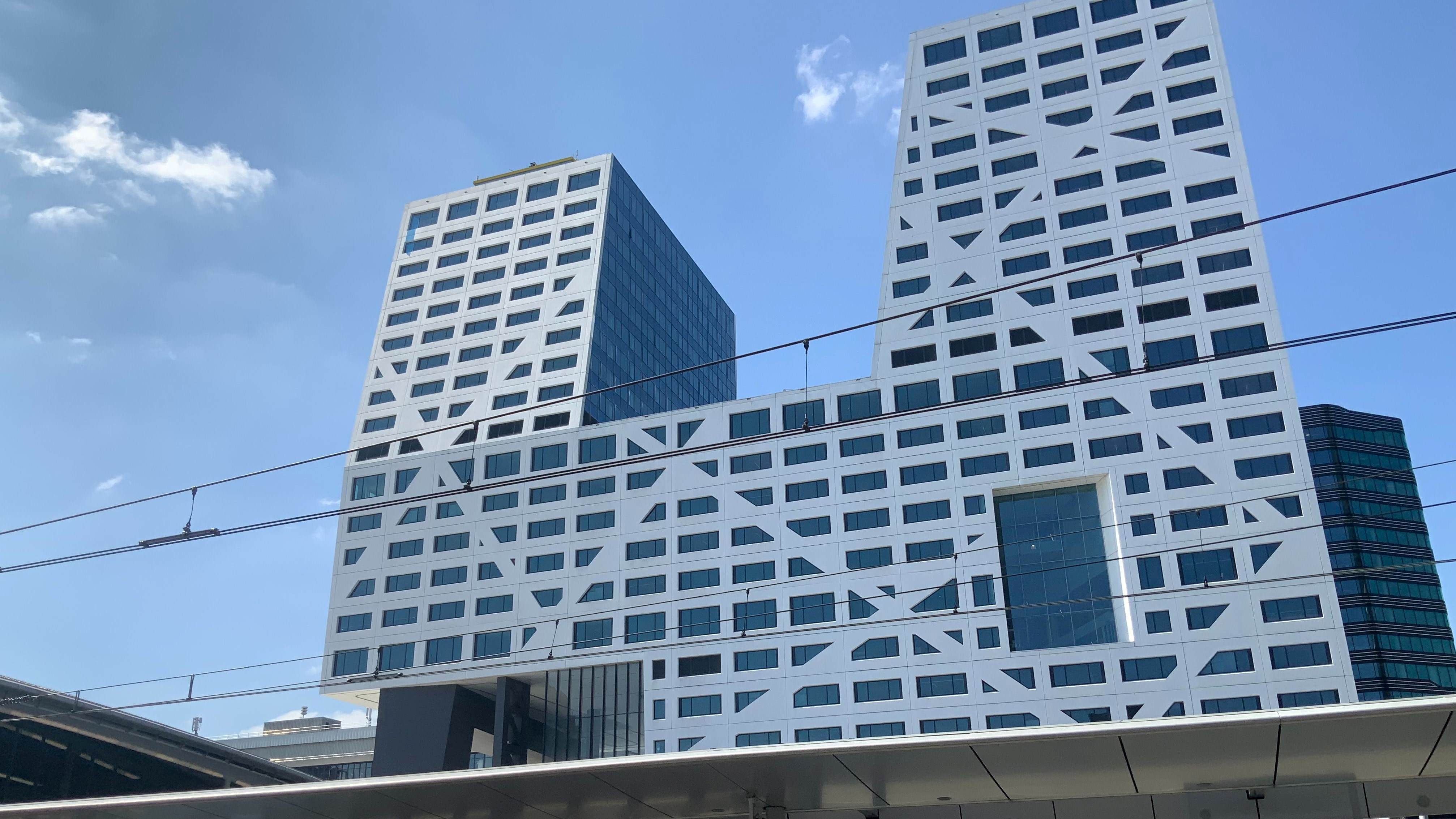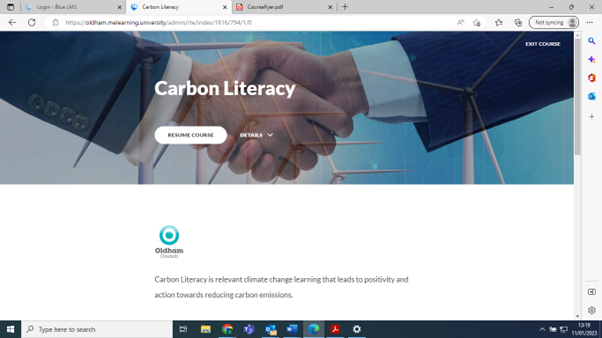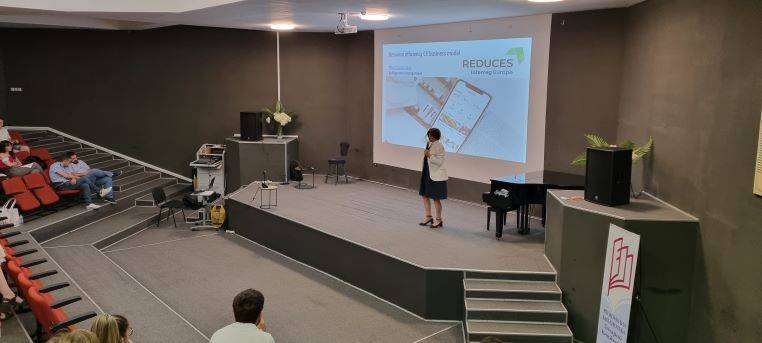On 17th of September 2020 HU University of Applied Sciences Utrecht hosted the 3rd interregional Reduces meeting. The event took place online.
Dr. Cyrille Krul, director of the HU research center Healthy and Sustainable Living, opened the meeting and virtually welcomed the participants. Dr. Krul stressed the importance of research projects like Reduces, because the Utrecht region and the research institution on Utrecht Science Park aim to create a healthy and sustainable urban area and also become a circular regional economy.
In his keynote, mr. Marin Zegers from the City of Utrecht, also emphasized the importance of the Reduce project for the city and region to move further into the direction of becoming resource efficient and completely circular by 2050. He expounded on the circular economy ambitions and policy of the City of Utrecht.
In the morning participants attended breakout sessions about both social enterprise and circular urban development. MOYU was presented as an example of a successful social enterprise in circular business. MOYU is a company in sustainable and circularly developed notebooks made of stone paper. The other session was about the circular urban development in particular in the project Werkspoorkwartier in Utrecht. In both sessions aspects of both cases ware discussed: What is it that makes the case circular? Where does it lead to? And how to assess and appreciate the impact made?
In the afternoon all six regions that participate in the Reduces project shared their best practices for the two circular economy business models being central in this 3rd meeting: renewability and product-as-a-service. Participants could thus follow 2 sessions per region, in total 12 different sessions for knowledge exchange, and learn about the case examples and policy implications from Southwest Finland, Greater Manchester (UK), Valencia (Spain), Maramures (Romania), Sofia (Bulgaria) and Utrecht (the Netherlands).

The Reduces project aims to exchange experiences and knowledge within and between the regional authorities in order to take informed action improving their policies. This is key in developing the best action plans to support environmentally sustainable business models and policy instruments in each region. Therefore participants and moderators were asked to distill learnings from the sessions they attend. At the end of the morning and afternoon breakouts, the learnings were shared and discussed in two subsequent roundup sessions.
Based on the morning sessions that focus on the Utrecht region, 15 learnings were distilled:
- Act regionally, not locally.
- Set ambitious goals: 100% circular in 2050.
- Need numbers, to understand current situation and monitor goals.
- View city as an urban mine.
- Appoint focus areas and domains.
- Define what circular economy is and what to do.
- Sign deals with private sector and dedicate budget; and give responsibility, trust and freedom to initiatives from the area.
- Aim for scaling up of initiatives.
- Put circular economy in the bigger picture of sustainability, economy, social, well-being.
- Mobilize forerunners and new comers.
- Declare circular economy to be a solution to needs.
- Spread the word and put on stage award winning initiatives an motivate others.
- Compare and benchmark with other regions nationally and internationally.
- Introduce circular economy thinking into regulation.
- Involve business and academia in developing new policy.

The discussion after the regional knowledge exchanges lead to general learnings for action plans to support environmentally sustainable business models and effective policy instruments for each region. First of all the need was identified to distinguish between long term policy support and long term public-private partnerships on the one hand; and the availability of seed money for startup initiatives, where short term policy support is relevant, on the other hand. Secondly, an important role was ascribed to for government to create and stimulate demand for circular products and services in their local communities and regions, for instance with public purchasing and procurement but also motivating private buyers to move in this direction.
Read more about the interregional meeting from the report (pdf).
More information:
Evert-Jan Velzing
HU University of Applied Sciences Utrecht
[email protected]
+31614635718
Jenni Suominen
Turku University of Applied Sciences
[email protected]
+358503402709











